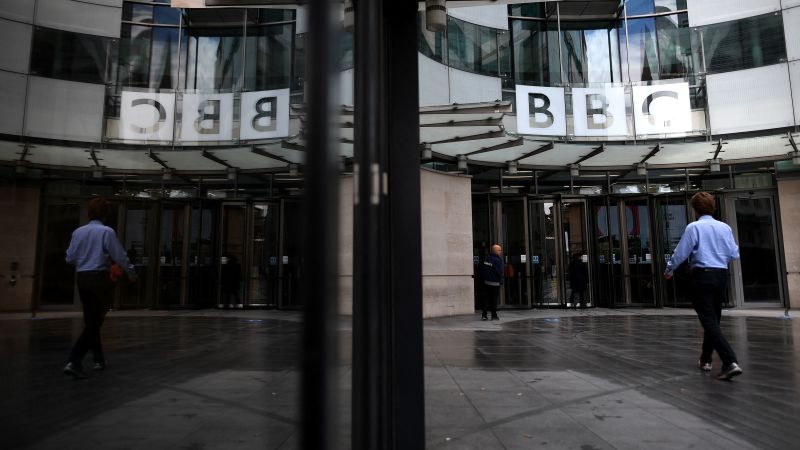The city of Durango is set to implement significant increases in water and sewer rates in the upcoming year, according to city officials. The proposed adjustments include an average monthly increase of $2.80 for residential water accounts and $16.76 for commercial accounts. For sewer services, residents could see an average increase of $9.18 per month, while commercial accounts may face an increase of $78.14. These changes aim to address the city’s pressing infrastructure needs and anticipated budget shortfalls.
During a recent budget retreat, city leaders discussed the necessity of raising rates to fund ongoing maintenance and replace aging infrastructure, much of which is over a century old. The city’s water fund is projected to be $3 million in the red by the end of 2030, prompting officials to advocate for a comprehensive strategy that includes annual rate increases. The Public Works Department has recommended a 10% increase for water rates and a 20% increase for sewer rates, with annual adjustments to follow.
The urgency of these rate hikes stems from several critical projects planned over the next decade. These projects include a substantial replacement of the pipeline that delivers drinking water to Durango, which is estimated to cost between $35 million and $40 million. The city’s interim Public Works director, Bob Lowry, emphasized that failure to raise rates now could lead to even larger increases in the future, burdening utility customers disproportionately.
According to José Madrigal, the City Manager, past decisions to delay rate increases have compounded the current financial strain. “We’re making up for decades of rate increases that probably haven’t been passed at the level that they were recommended,” he noted. He added that had the city incrementally raised rates since the beginning, current rates would be significantly higher.
Both the water and sewer systems require substantial financial support to meet operational expenses. The Public Works Department has highlighted that operating costs have surged by 20% from 2019 to 2024. The costs for contracted services have skyrocketed by 185% during this period, primarily due to the deteriorating infrastructure. Repair and maintenance costs have also increased significantly, averaging 56% over the same timeframe.
The city’s current average base water rate stands at $31, notably lower than the average base rate of $48.40 in nearby locations. Further, the flow rate for water ranges from $2.41 to $8.18 per 1,000 gallons based on usage, while the average base sewer rate is $23.72, approximately half the average base rate of $50.44 in surrounding cities.
In a broader context, Gloria Platt, the city’s chief financial officer, pointed out that statewide water and sewer fees have risen by nearly 5% over the past five years, reflecting a trend seen in various utility services such as trash collection and natural gas. Previous studies have recommended additional rate increases, but many of these suggestions have yet to be implemented, leaving the city in a precarious financial position.
Looking ahead, the city anticipates that the upcoming major water projects will demand even more funding than current rates can provide. “Right now, sewer financially needs more help than water,” Lowry stated. He emphasized the importance of long-term planning, noting that replacement of aging infrastructure is not just a financial burden but also a logistical challenge that requires significant time and resources.
As Durango prepares to address these challenges, city officials are exploring various funding sources, including infrastructure funding from sales taxes renewed by voters in April 2025. They are also considering the potential of utilizing lodging taxes to help alleviate the financial impact, particularly given the demands placed on infrastructure by visitors.
In conclusion, the proposed rate increases represent a crucial step in ensuring Durango’s water and sewer systems can meet current demands and future challenges. The city aims to maintain transparency and inform residents about the financial strategies necessary to sustain essential services.







